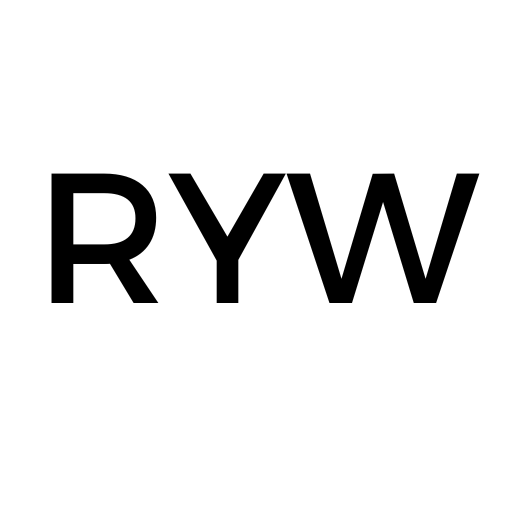
There are three things you should know to be a successful writer.
That may seem facile, clickbait for writing courses and coaches. But it really does boil down to three things:
- What’s your goal?
- What’s your writer archetype?
- What’s your process?
They are simple, but not easy, and the sooner you can pin them down, the sooner you can start really leveling up in your career.
What’s your goal?
I have covered this exhaustively in previous newsletters, so I’m not going to put you through all that again. I will say this: be honest with yourself.
That’s the WHY of this exercise: why you’re pursuing writing career success.
What’s your writer archetype?
I got these archetypes from Becca Syme, an amazing coach and an author in her own right. I strongly recommend her writing reference books and if you have a chance to hear her speak, you definitely should!
I was first introduced to these four writer archetypes at a conference, and they blew my mind. I’m linking to a talk she gave on them here. The video quality’s a bit iffy, but the material is well worth it.
She proposes that writers choose what they want to write based on four different archetypes: The Trailblazer, The Drafter, The Evergreen, and the Island.
I’ve mentioned before that you shouldn’t just chase market trends willy-nilly, especially if you’re not getting traction. I still hold to that belief.
That said, she makes an excellent argument that, for some people, it’s not a slavish or foolish tactic to chase whatever’s selling. For some, it’s a built-in response: the compulsion to take what’s selling and tinker with it. (That’s The Drafter, incidentally.)
And there are still others that don’t give a damn what’s selling – they have to do it their way, no matter what. (Hello, Island!)
Knowing where you fall in this continuum is a big factor in helping you decide what projects you’re going to work on next, and how you’re going to shape your overall career.
This is the WHAT question of the three: what you’re planning on writing, specifically, to get you to your goal.
What’s your process?
I am a big fan of studying process, because it allows you to look at what you want (goal) and how you’re planning on getting there (archetype) and then iterate your way to a smoother, more effective, less stressful experience.
What you want to know, then, is how you write.
How long does it take you to write a scene?
What are the conditions that make that possible? What’s best and worst case scenarios?
Where on the pantser vs. plotter spectrum do you sit?
Even if you feel like “every book is different!” really investigate. Odds are good there are common threads you’re missing.
Then look at what’s working, and what isn’t. What changes can you make? What’s set in stone?
This is the HOW: how you actually execute the project.
What do you do with this knowledge?
If you’re not currently working on a project, this should provide a compass for what you’ll choose next, and how it fits into your (current) big picture dream.
If you are already working on a project, it should help you learn how to write it more efficiently, more effectively, and God willing, more enjoyably.
If nothing else, self-knowledge in our field is pure gold. We are the instruments of what we produce. The more you know about yourself as a writer, the better!
Hard to figure out? I can help.
Sometimes this can be overwhelming to figure out on your own.
As a writing coach, I’ve been helping writers pin down what they want, identify what they like writing, and help them streamline their processes (and accept the ones they can’t!) for over a decade.
Interested, but also unsure? You can always book a free half-hour consultation, to ask questions, discuss concerns, and see if my services are something that can get you where you want to go. You can also email me if that’s easier. I’m happy to help.
